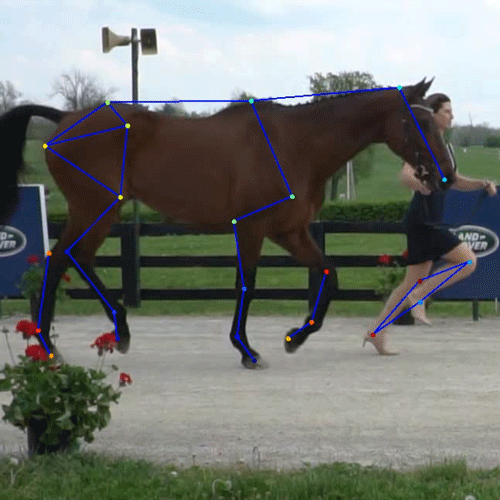UF/IFAS researchers will use AI to assess livestock mobility
UF/IFAS researchers will use AI to assess livestock mobility
UF News
Kyle Chambers
University of Florida scientists want to assess livestock mobility faster and more accurately, ultimately helping farm animal health and production.
To do so, they’ll use artificial intelligence (AI) to analyze high-definition video of the animals as they move.
Samantha Brooks, a UF/IFAS geneticist and associate professor of equine physiology – along with other UF researchers — have been awarded a $49,713 grant from the Agricultural Genome to Phenome Initiative (AG2PI) for this research.
The team will combine machine learning with gait analyses to speed their assessment of livestock mobility.
Brooks cites an example of how this technology can help: In horses, one veterinarian can do a basic lameness exam in about 15 minutes.
“Our long-term goal is to build an automated pipeline that could produce results nearly in real-time, just seconds after the animal passes by the camera,” Brooks said. “This pilot project is a first step toward that goal.”
Brooks and her colleagues work primarily with horses because they’re an excellent model for locomotion and because scientists can gather a lot of data quickly.
She and her lab already are working with about 2,000 video clips of horses in motion. Brooks credits the hard work of graduate student Madelyn Smythe and the generosity of hundreds of central Florida horse owners for the video.


